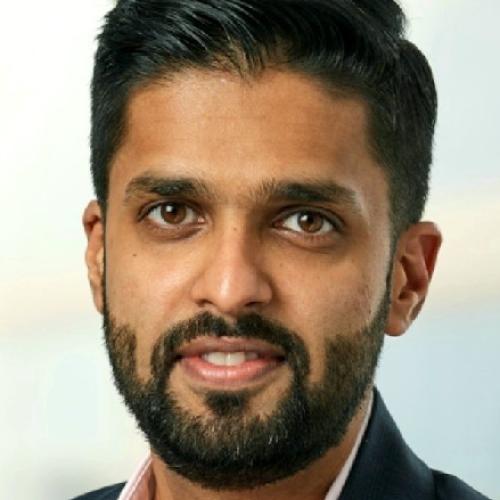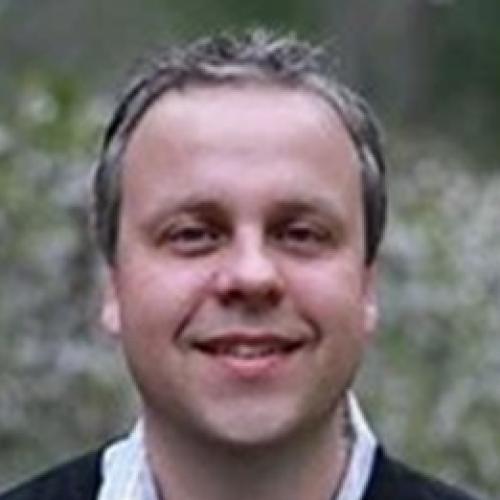Since joining Amgen R&D in 2018, Zoran Krunic has been at the forefront of applying Machine Learning to enhance patient outcomes and streamline clinical trial enrollment processes, utilizing comprehensive Electronic Health Records and clinical datasets. His pioneering work in the Quantum Machine Learning space, in collaboration with IBM's Quantum team, has been instrumental in integrating machine learning with quantum computing through IBM’s Qiskit platform.
Prior to his tenure at Amgen, Zoran developed Machine Learning algorithms at Optum to predict hardware and software failures within complex enterprise architectures. He has a strong background in data engineering and systems development, having contributed significantly to large-scale projects at renowned organizations such as Capital Group and ARCO Petroleum.
In his current full and part-time endeavors, Zoran is leading the efforts in embracing generative AI technologies, with a particular focus on OpenAI's GPT and Anthropic's Claude-2 models. His work is focused on prompt engineering and its application to code generation, advanced document analysis, and process management, with a commitment to ethical AI practices and data privacy.
A recognized voice in quantum computing circles, Zoran is a regular presenter at industry conferences and has served on numerous panels discussing the integration of quantum computing and generative AI within the Health Sciences sector.
With a Master of Science in Electrical Engineering & Computer Science, Zoran continues to explore and contribute to the evolving relationship between quantum computing and artificial intelligence, fostering groundbreaking advancements in healthcare technology.












